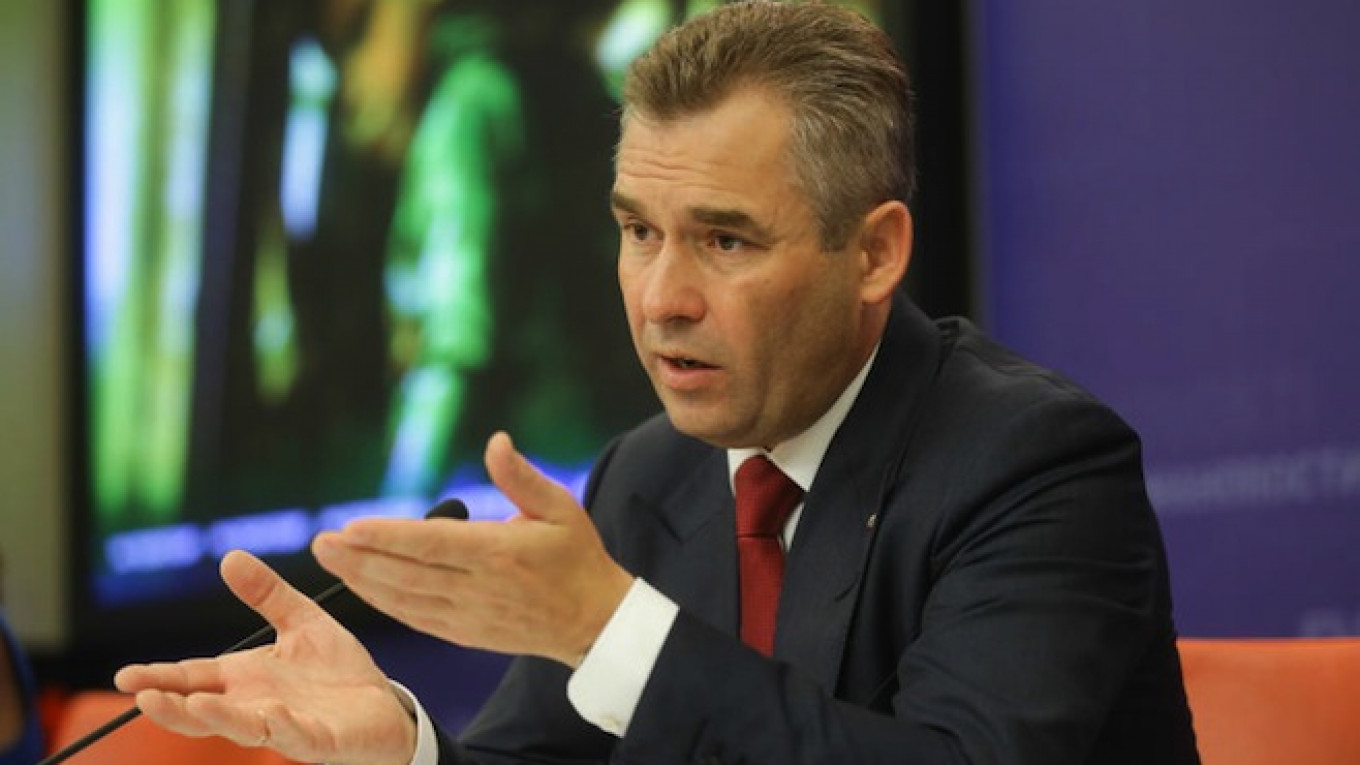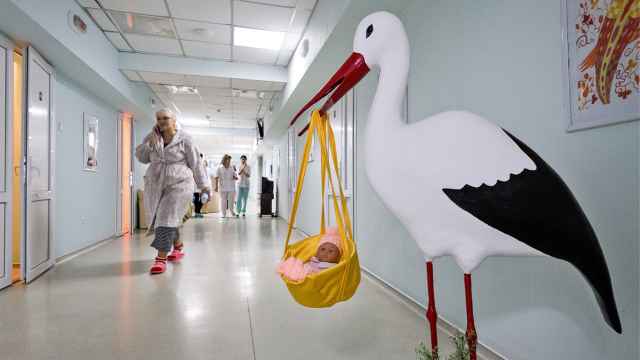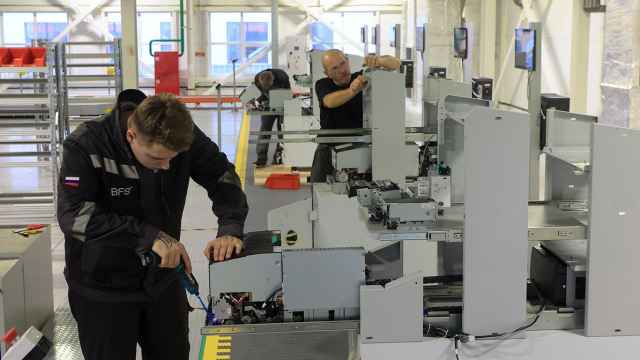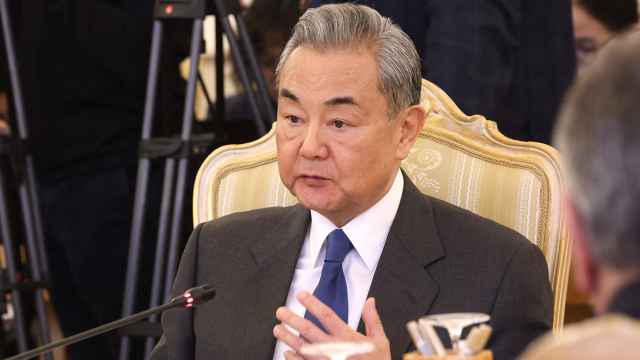Russia's children's ombudsman Pavel Astakhov has set forward new proposals to tackle teenage suicide in the country, the Izvestia newspaper reported Friday.
Sites believed to be promoting suicide should be dealt with in the same way as online material promoting extremism, Astakhov said.
He is currently proposing to create a new Kremlin working committee on the issue, involving the Prosecutor General's Office, the Investigative Committee, and the Health, Labor and Education ministries.
Media watchdog Roskomnadzor and consumer rights' service Rospotrebnadzor would also be involved alongside the children's ombudsman's service, Astakhov said.
Russia's teenage suicide rate has come under harsh public scrutiny in recent weeks after daily newspaper Novaya Gazeta published a report into pro-suicide groups on Russian social network VKontakte.
Astakhov said that merely blocking social media communities was not a solution.
"The Prosecutor General's Office can identify and block these dangerous sites. But what's next? If they block eight such sites today, then tomorrow there will be even more," Astakhov said.
Police are now investigating the suspected administrators of several online groups deemed to be promoting suicide.
A 2011 report from the United Nations Children’s Fund found that the rate of teenage suicides in Russia was three times higher than the world average.
Russian consumer watchdog Rospotrebnadzor closed about 70,000 potentially dangerous websites in 2015 for publishing information on committing suicide, yet officials warn that their popularity continues to grow.
A Message from The Moscow Times:
Dear readers,
We are facing unprecedented challenges. Russia's Prosecutor General's Office has designated The Moscow Times as an "undesirable" organization, criminalizing our work and putting our staff at risk of prosecution. This follows our earlier unjust labeling as a "foreign agent."
These actions are direct attempts to silence independent journalism in Russia. The authorities claim our work "discredits the decisions of the Russian leadership." We see things differently: we strive to provide accurate, unbiased reporting on Russia.
We, the journalists of The Moscow Times, refuse to be silenced. But to continue our work, we need your help.
Your support, no matter how small, makes a world of difference. If you can, please support us monthly starting from just $2. It's quick to set up, and every contribution makes a significant impact.
By supporting The Moscow Times, you're defending open, independent journalism in the face of repression. Thank you for standing with us.
Remind me later.






